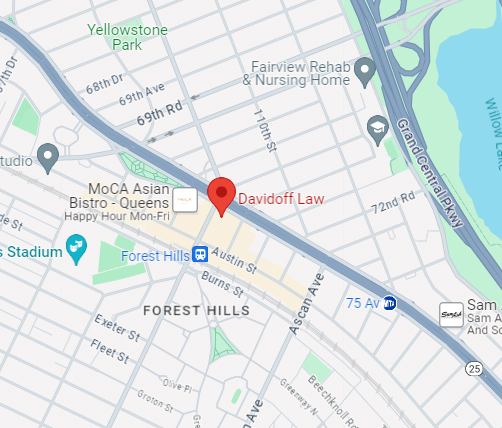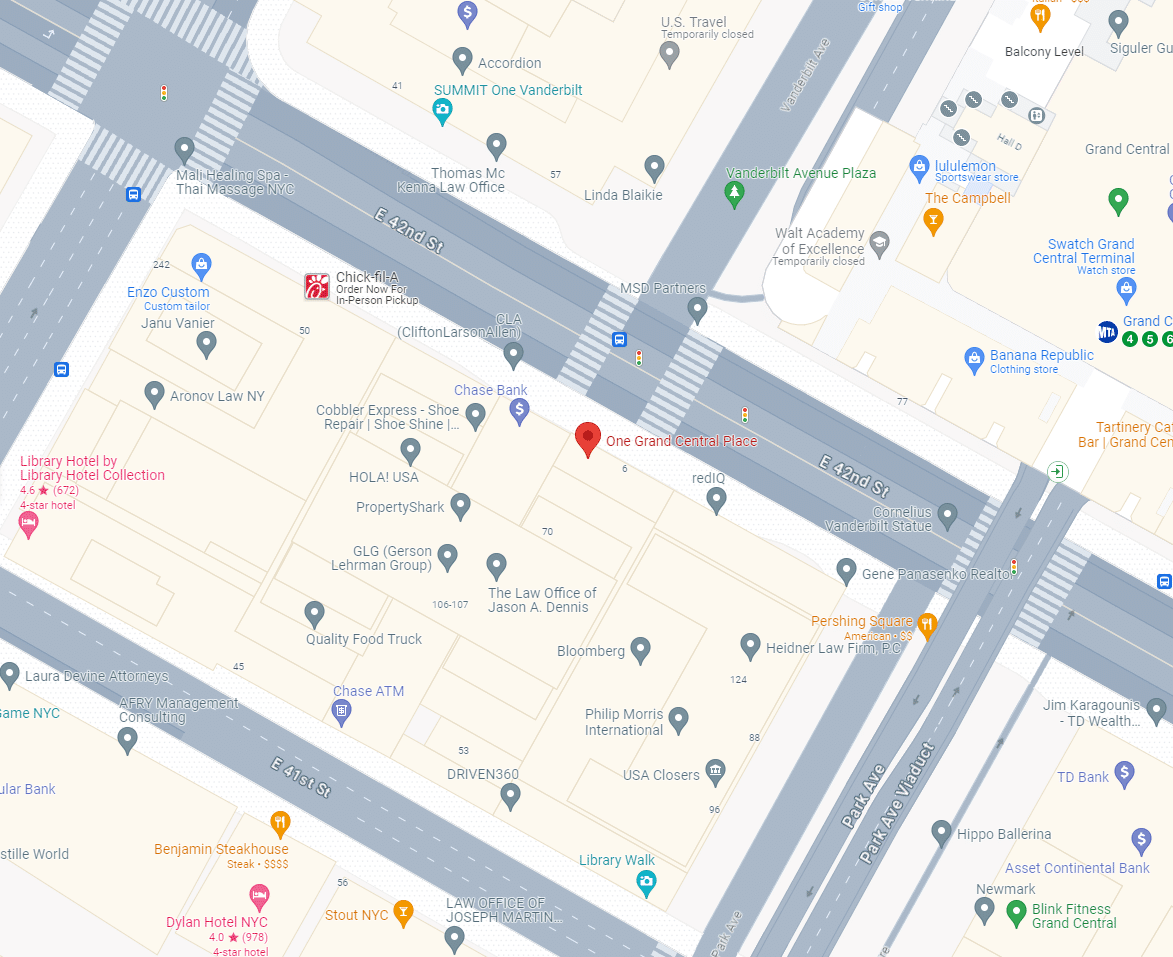Orders Of Protection Attorneys In New York
If you are facing any form of domestic violence or harassment, you may need to take legal action to protect yourself and your loved ones from further harm and abuse. One of the most effective ways of asserting your right to live without fear is to request an order of protection, which can be done in a New York family court of law, criminal court of law, or the Supreme Court. For the most part, people who use an order of protection will get one from a family court.
Table of Contents
At Davidoff Law, our Queens orders of protection lawyers can help you use a petition for an order of protection in family law courts. We are here to handle every step of the legal process, so you can focus on taking care of yourself.
Two Types Of Orders Of Protection
Not all orders of protection are the same. Each one can be customized to fit the needs and expectations of the person who is filing the petition. Furthermore, you will have to pick the right type of petition based on your situation.
In New York, there are two primary types of orders of protection:
- Stay-away or full orders of protection require the restricted party to have no contact with the petitioner at all, not even through the use of third parties. A stay-away order is usually used in criminal cases, not family law.
- Refrain from or limited orders of protection require the restricted party to immediately cease all criminal actions or acts of domestic harassment against the petitioner. This type of order allows both parties to continue communicating, though, so it is usually used in family law cases.
What Can An Order Of Protection Do?
A typical order of protection approved by a New York court can order someone to:
- Stay away from the protected person and their children.
- Not commit any harmful or illegal acts that would affect the protected person.
- Return any important documents to the protected person, such as those related to a divorce.
- Surrender any firearms while under the order of protection.
An order of protection can also grant you certain permissions as the petitioner. It can allow you to retrieve your property from the restricted person’s control while you are accompanied by law enforcement. An order of protection can also allow you to end a lease early without legal ramifications, so you don’t have to cohabitate with the restricted person any longer.
Family Court Orders of Protection
When an order of protection is issued by a New York family court of law, the mandates of that order can look a bit different than an order of protection that deals more with criminal accusations. Our Queens orders of protection attorneys would be glad to sit down with you to work on the petition, so you can be sure that it will cover everything that you need to feel safe and sound again.
A family court order of protection can:
- Grant child custody to you as the petitioner, if only temporarily.
- Create special visitation provisions.
- Establish or enforce child support payments.
- Require the restricted party to pay various costs of the petitioner.
- Require the restricted party to attend behavioral intervention programs, such as after an act of domestic violence.
- Use any other mandate if it would protect the best interests of the petitioner’s children.
How To Get An Order Of Protection In Family Court
If you are a victim of domestic violence or harassment, or if you feel that you are in danger, you may need to obtain an order of protection through the family court. Our attorneys are here to help you through every step of this process, so you don’t get stuck at any point or lose time with unnecessary delays.
The typical steps of getting an order of protection from a New York family court are:
- Fill out the family court petition: The first step is to fill out a family court petition. You will need to provide information about yourself, the respondent (the person from whom you are seeking protection), and the incidents that led you to seek an order of protection. We can help you fill out the petition for thoroughness and accuracy.
- Submit the petition: Once you have completed the petition, you will need to file it with the court clerk's office. You can file it in the family court located in the county where you or the respondent lives. In some cases, you may be able to file the petition electronically. Let our lawyers help you figure out where to file it.
- Appear before the judge: After you have filed the petition, you will be given a court date to appear before a judge, which should be shortly after the petition is filed. The judge will review the petition and listen to any testimony you may have about why it is necessary.
- Obtain a temporary order of protection: If the judge finds that your situation warrants immediate protection, they may issue a temporary order of protection. This order can provide you with immediate protection until the next court hearing.
- Attend the final hearing: At the final hearing, the judge will make a determination based on the evidence presented. If the judge determines that an order of protection is necessary, they will issue a final order of protection with an extended or indefinite duration.
Filing for an order of protection can be a complex legal process, and it is important to have an experienced attorney guide you through it. An attorney from our firm can help you fill out the petition, represent you in court, and ensure that your rights are protected throughout the process.
Consult With Our Attorneys – Call Now
At Davidoff Law, we are dedicated to helping victims of domestic violence and harassment to obtain the protection they need and deserve. Our experienced Queens orders of protection attorneys can guide you through the legal process to obtain an order of protection that prioritizes your safety and comfort. Don't hesitate to contact us today to schedule a consultation and discuss your options.



